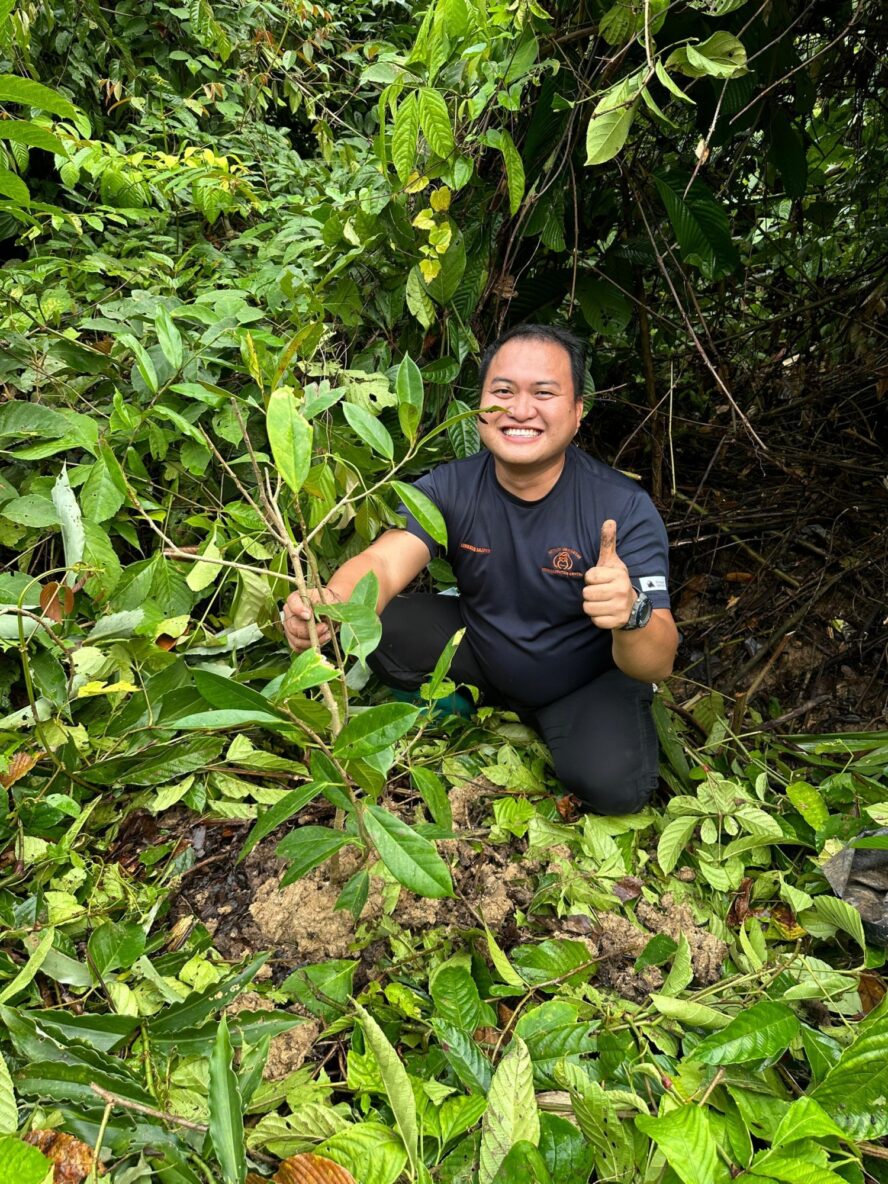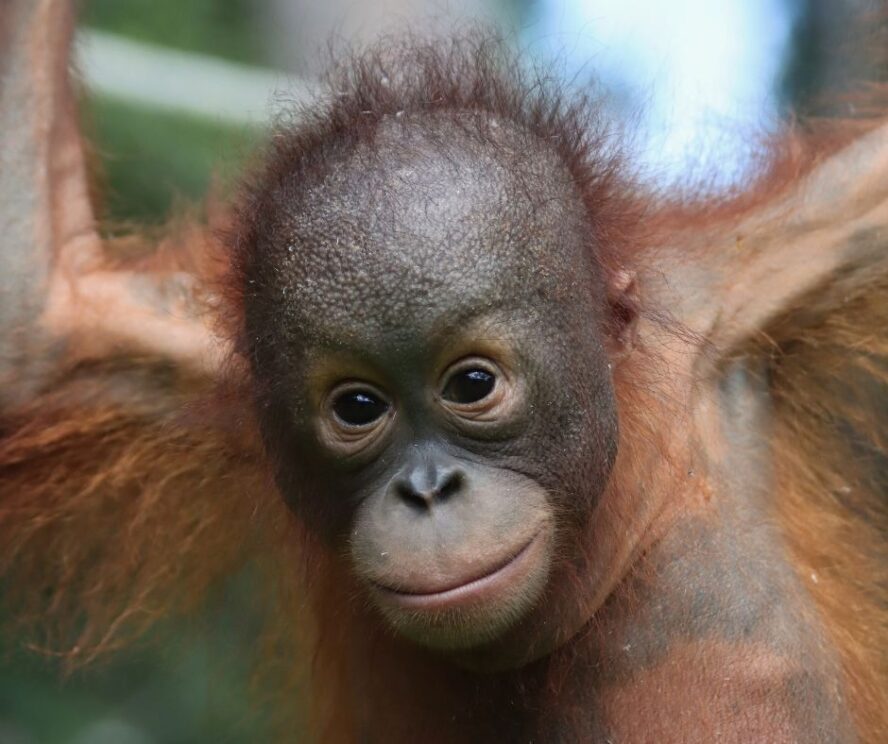

News
OuTrop March 2014 Project Update
OuTrop, which is supported by Orangutan Appeal UK has published two new papers about how diseases spread in great ape populations and how habitat disturbance influences orangutan behaviour.
28/04/2014
Update
Outrop's latest research has contributed to two new papers on orangutans. They have collaborated with researchers at the University of Roehampton to examine how diseases spread in great ape populations. They have found that because orangutans are less gregarious, contagious diseases aren’t as much of a risk as they may be to group-living apes, such as chimpanzees. However, among our study population, three females with stronger social connections have the potential to become ‘superspreaders’ in the event of a disease outbreak. This research was featured by Scientific American.
Their second new publication looks at how habitat disturbance influences orangutan behaviour. Outrop has classified the habitat in Sabangau into different disturbance levels and looked at how orangutans used these different habitats. They found that orangutans prefer patches with the tallest trees for feeding, regardless of how well connected they are to other trees. But they prefer a connected canopy of any height for nesting in, suggesting that here they prioritise security and protection. It therefore is apparent that selectively-logged forest can support orangutans, provided a sufficient number of tall feeding trees remain.
Finally, since 2010 OuTrop have been providing ecological advice to Starling Resources as part of their ongoing planning for the PT.RMU Katingan Peatland Restoration and Conservation Project. This project will be one of the first REDD+ projects in Central Kalimantan, and aims to protect and restore over 100,000 ha of peat-swamp forest. With support from the Marubeni Corporation, OuTrop completed three weeks of surveys in this area in December 2013. They have estimated that around 4,139 orangutans live in/outside of the REDD+ concession in the 200,000 ha Katingan Forest, which is about 8% of the total population in Borneo, and would make the total Katingan population the fifth largest in the world.
Explore more articles
![Male orangutan sleeping on tree branch]()
![Man kneeling next to newly planted ficus tree at Sepilok]()
News
Planting fig trees at Sepilok
We have purchased and planted 100 fig trees for the orangutans at Sepilok, and you could help us cover the cost.
![Young male Bornean orangutan]()
News
Orangutan Caring Week 2024
An annual event aimed at raising awareness of the plight of the orangutan and the action people can take to protect them.


